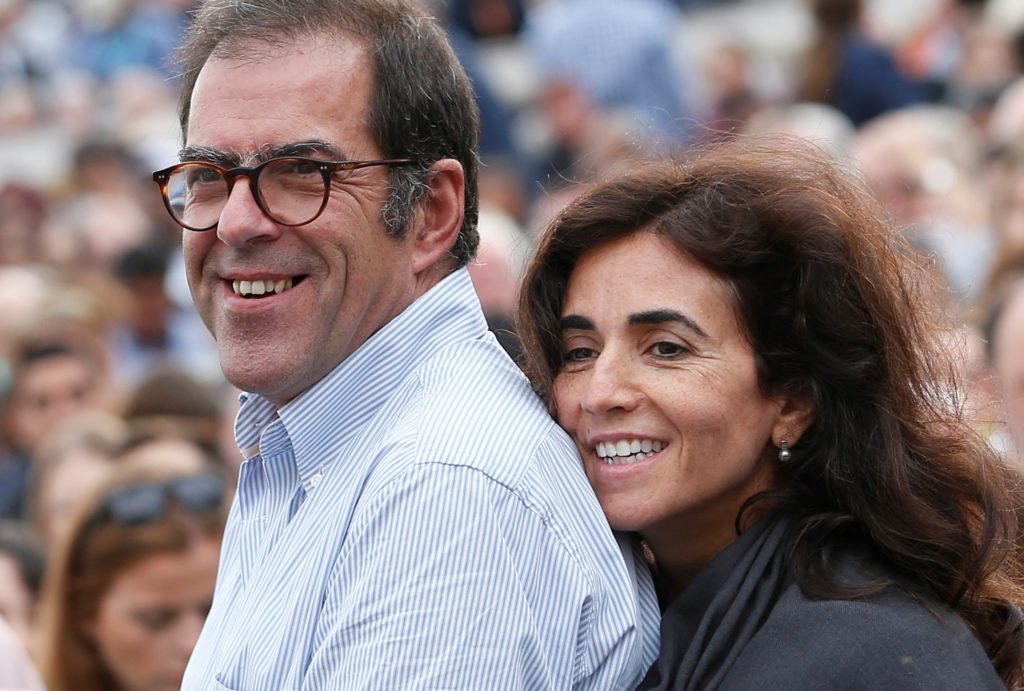I am not at all surprised that the most voted article of the final document of the synod on young people was the one on the family, which "has the task of living the joy of the Gospel in daily life and sharing its members according to their condition".
How liberating to think of a place where we are wanted for ourselves, as such. Where we don't have to bring our résumé and we don't have to win our place in a competition. This is wonderful, because then we can affirm that the family is indeed the foundation of love, education and freedom.
The French philosopher Fabrice Hadjajd explains it beautifully when he warns against treating the family as a secondary reality, of "to base the family on love, education and freedom, because they are not factors to distinguish it from other forms of community."Because a community can be a place of love, or a school is also, and much more professionally, a place of education; or a company can be, even with legal support, a place where freedoms are respected. "As a consequence, to consider the family only on the basis of love, education, and freedom, to base it on the good of the child as an individual, one as a child, and on the duties of the parents as educators and not as parents, is to propose a family that is already defamiliarized".
To this definition we must add two parental experiences when our children are born or when we welcome them.
The first is joy in the face of this undeserved gift received, which exceeds our expectations.
The second, new challenges for which we are not well prepared, an enormous inadequacy, an incapacity with respect to the task, which comes with time underlined by our clumsiness and our evil. Chesterton explained it wonderfully with that example of the mother who receives her son at home after a good play session outside on a rainy day. The son is up to his neck in mud, and the mother washes him, because she knows that she has not only the mud in front of her, but that underneath that dirt is her son. Because education has more to do with ontology than with ethics, with the nature of the filial relationship.
But this article 72 of the Synod has a second paragraph that reminds the family of the vocational logic in the family. It is a hard paragraph, because it confronts us with our weakness and temptation. "to determine children's choices" invading the space of discernment. The life of holiness is a personal story with God, personal and non-transferable.
It is not a matter of imitating the saints to the letter, because that would be impossible. The exact circumstances are not given, and besides, the Lord can only count to one. It is to recognize that our conversion must be conquered continually by placing ourselves at the mercy of our unique human experience.
Moreover, this path is all-encompassing, it is not only applicable to some watertight compartments of our life, and it is universal because it affects everyone else. My neighbor does not care about my life of holiness.
At this point I am reminded of a Venetian expression that the writer Claudio Magris once explained in an article: "far casetta", he said, "I have a family" which represents this false and small family harmony based on the rejection of others: "And then the family can truly become a Theater of the World and of the human universe: when, playing with our brothers and sisters and loving them, we take the first and fundamental step towards a greater fraternity, which without the family we would not have learned to feel so vividly."
Thus, the reading of the aforementioned article 72, "The Gospel story of the adolescent Jesus (see Lk 2:41-52), subject to his parents, but able to separate himself from them in order to care for the things of the Father"The family is a vital challenge, and even if we get a lump in our throat, we will understand that family is holding hands through the jungle of the world, that it continues to support our children even when they no longer physically cling to us.
Publisher of CEU Ediciones. CEU San Pablo University











